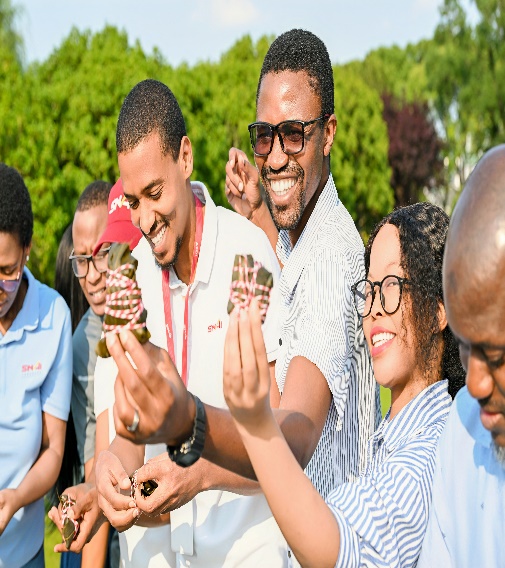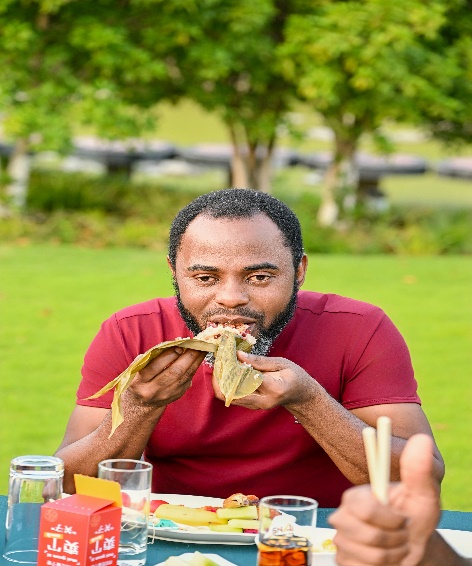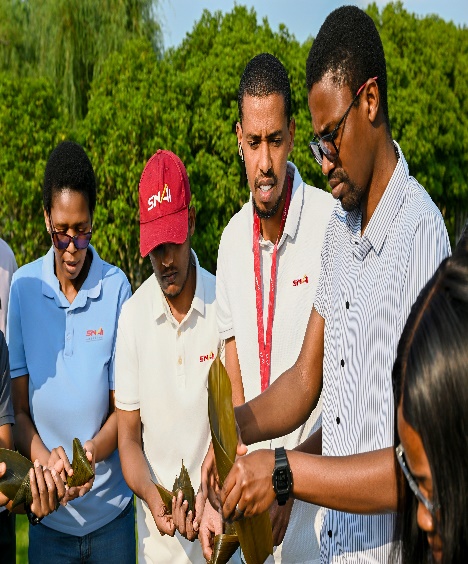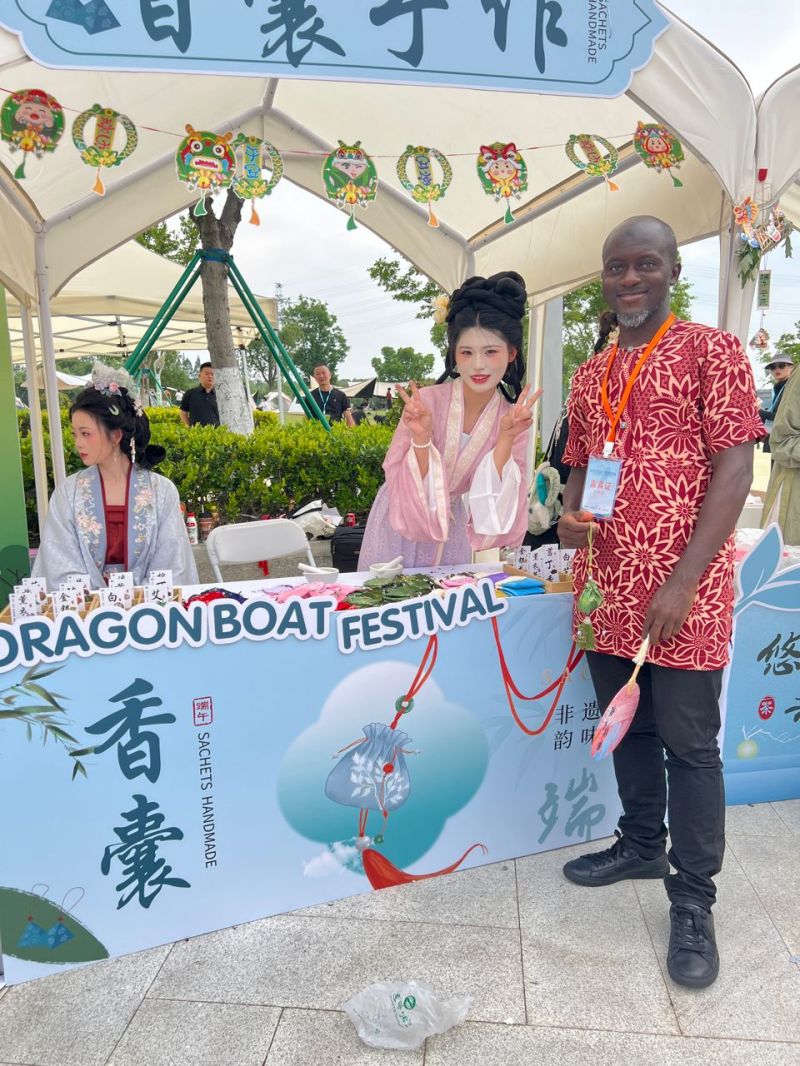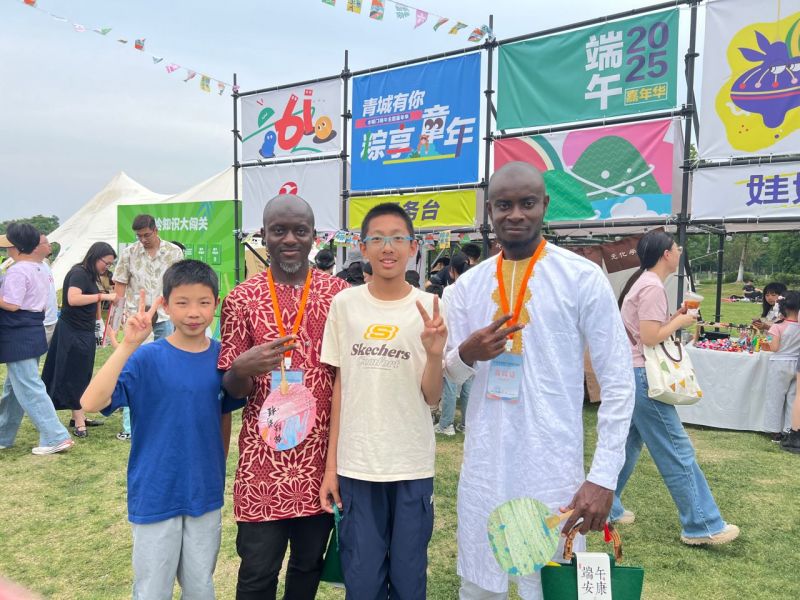Eye Witnessed
Dragon Boat Festival’s Celebrations (端午节)
Having witnessed and took part in the celebration of The Dragon Boat Festival, I learned that it’s one of China’s most vibrant and enduring festivals. Its celebrations consist of a rich blend of ancient agricultural rites, heroic commemorations, and communal celebrations involving dragon boat racing, traditional foods like zongzi, and rituals to ward off evil. Its celebration forms one of China’s public holidays.
Brief History and Origins
The Dragon Boat Festival is a traditional Chinese holiday with a history spanning over 2,500 years, originating in southern central China during the Warring States period (the final two centuries of the Zhou dynasty, around 600–200 B.C.). The festival is celebrated on the fifth day of the fifth lunar month "Double Fifth Festival", which is considered an unlucky and poisonous time in ancient Chinese belief. To ward off evil and disease thought to arise during this period, people traditionally hung herbs like calamus and mugwort on doors and wore charms depicting venomous creatures such as snakes and centipedes.
Commemoration of Qu Yuan: The most famous legend honors Qu Yuan, a patriotic poet and minister of the ancient state of Chu, who drowned himself in the Miluo River after his state was conquered by corrupt individuals. Qu Yuan stood and fought against corruption during these days. Despite all his efforts and strides, he couldn’t conquer the corrupt practices and corrupt individuals. Locals raced out in boats to save him or retrieve his body and threw rice dumplings into the water to prevent fish from eating his body. This story forms the basis for dragon boat races and eating zongzi (sticky rice dumplings).
How is it Celebrated?
The Dragon Boat Festival combines cultural celebrations, sports, and food traditions:
Dragon Boat Races: Teams paddle elaborately decorated dragon boats to the beat of drums, in competitive races, symbolizing the search for Qu Yuan. These races are especially prominent in southern China and have become popular worldwide.
Eating Zongzi: Triangular parcels of glutinous sticky rice dumplings wrapped in bamboo leaves are the festival’s signature food. Their fillings vary regionally, sweet in northern China and savory with meats, red beans, dates or seafood in the south. Other traditional foods include glutinous rice cakes, tea eggs, and special pancakes. My colleagues and I took active part in wrapping and eating of dumplings in this year’s celebrations, 2025.
Warding off Evil: People hang herbs like mugwort and calamus on doors to repel evil spirits, and diseases, wear five-colored silk threads, paste paper cutouts of venomous creatures on windows, and bathe in flower-scented water to protect against illness and bad luck.
Cultural Revival and Performances: The festival features folk entertainment such as opera, song, and dances. Schools and communities teach traditional crafts (making zongzi, sachets).
Family and Community Bonding: The festival strengthens family ties and community harmony, promoting cultural identity and respect for nature.
The Dragon Boat Festival denotes an important Cultural Heritage of Humanity. Recognizing its cultural significance and diverse regional practices, I was very much happy to witnessed the launch ceremony of the Qingpu Exploration Series and the “Spring Rhyme Gathering: Folk Culture Experience Season for Foreign Experts”. In this gathering, I experienced a lot about Chinese culture and traditions, and understood more about the importance of the Dragon Boat Festival and its celebrations.
In summary, the Dragon Boat Festival combines rites performed in commemorating cultural heroes, promoting health and protection from harm, and reinforcing community bonds through shared celebrations. This festival is recognized worldwide and even by the UNESCO as an intangible cultural heritage. The festival preserves rich traditions that blend history, folklore, and agricultural rites, reflecting core values of patriotism, family unity, and respect for nature.
Having learnt and experienced a lot during the festival, I hereby say to all my Chinese people, my people in Africa and all over the world, “端午节!”.
2025/06/03
